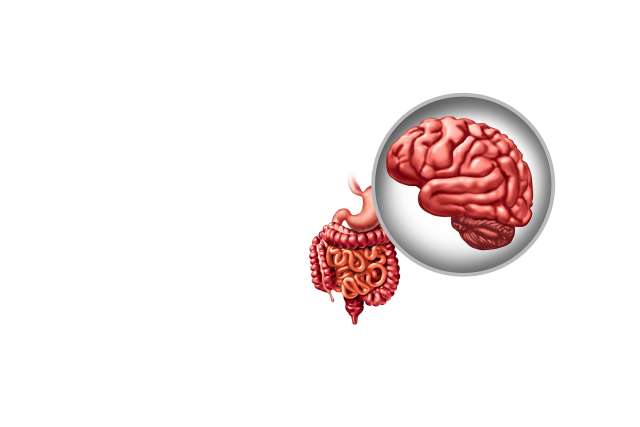Church Lab
Researching the bidirectional interactions between the brain and the gut in shaping health and disease

Quality of relationships may be just as important to physical health as traditional risk factors like exercise and diet
Strong social relationships, particularly high-quality marriages, may help protect against obesity by influencing a complex communication system between the brain and gut.
Emmy-nominated documentary streaming on Netflix
Dr. Church, co-director of the Goodman-Luskin Microbiome Center, provided expert commentary in this Emmy-nominated documentary that delves into the digestive system and illuminates the role gut health plays in our overall well-being. It was nominated for outstanding lifestyle program among other award categories. The documentary is still available to stream on Netflix in case you missed it.


$9.5M grant to study relationship between polyphenol intake, Alzheimer’s prevention, and the brain-gut-microbiome system
In this five-year study, Arpana Church, PhD, Emeran A. Mayer, MD, co-principal investigator and founding director of the Goodman-Luskin Microbiome Center, and co-investigators will explore the relationship between polyphenols, cognitive function, and brain health through four project aims in 50+ year old adults with enhanced risk for Alzheimer’s disease. Polyphenols — a key component of Mediterranean diets and found in berries, grapes, green tea, and cocoa — may delay cognitive decline by preserving brain function and structure through gut microbiome metabolites by altering the physiology of the host’s secondary bile acids, highlighting their potential role in Alzheimer's disease prevention.
Latest News

How stress and social struggles fuel America's obesity crisis
A new scientific review, led by Dr. Church, explains how stress, hardship and other social challenges can reshape a person’s gut bacteria and brain performance in ways that make it harder to keep weight off.

Discrimination can cause changes in the gut microbiome, study says
In a new study published in Frontiers in Microbiology, Drs. Arpana Church and Tien S. Dong have found that people who experienced discrimination had pro-inflammatory bacteria and gene activity in their gut microbiome that was different from those who did not experience discrimination.

Feeding the lonely brain
A new UCLA Health study has found that women who perceive themselves to be lonely exhibited activity in regions of the brain associated with cravings and motivation towards eating, especially when shown pictures of high-calorie foods such as sugary foods. The same group of women also had unhealthy eating behaviors and poor mental health.
